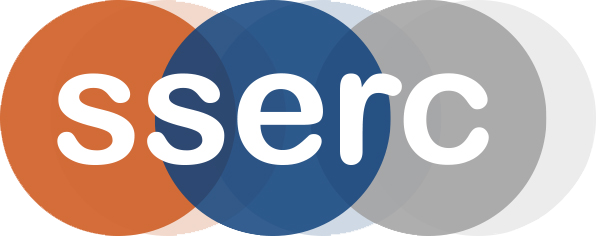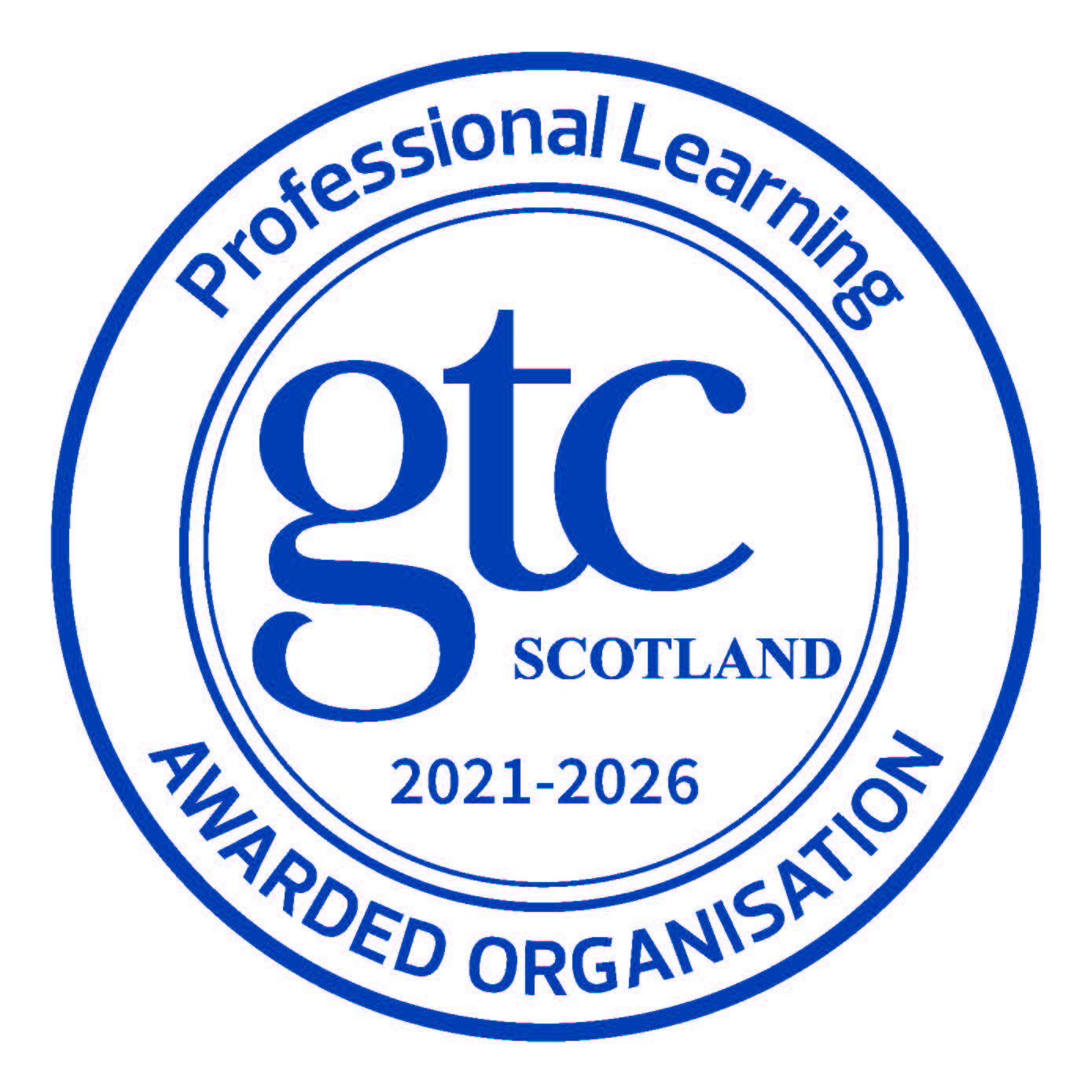Do your students have access to Apple or Android devices, netbooks or Chromebooks?
There are apps out there that allow you to do practical physics. This self-study course covers activities such as:
Many of the tasks could be adapted for your students to carry out at home.
This is a ‘pick and mix’ course – you can choose the activities you want to pursue. We’re not expecting you to have an in-depth look at an Android motion analysis package if your school has given every student access to an iPad, for example.
We reckon you will spend around a day, spread over several weeks if you prefer, on studying and carrying out activities. When you are finished (and before the submission date shown below), we’ll ask you to send us an example of something you’ve done. We’ll then ask you to evaluate the course. When that’s complete, we will send you a participation certificate.
Dates:
Cost: £0
Norman Bethune
01383 626070
norman.bethune@sserc.scot
This is a Self-Study Course
This course is free of charge
Using the supplied resources you will be able to:



